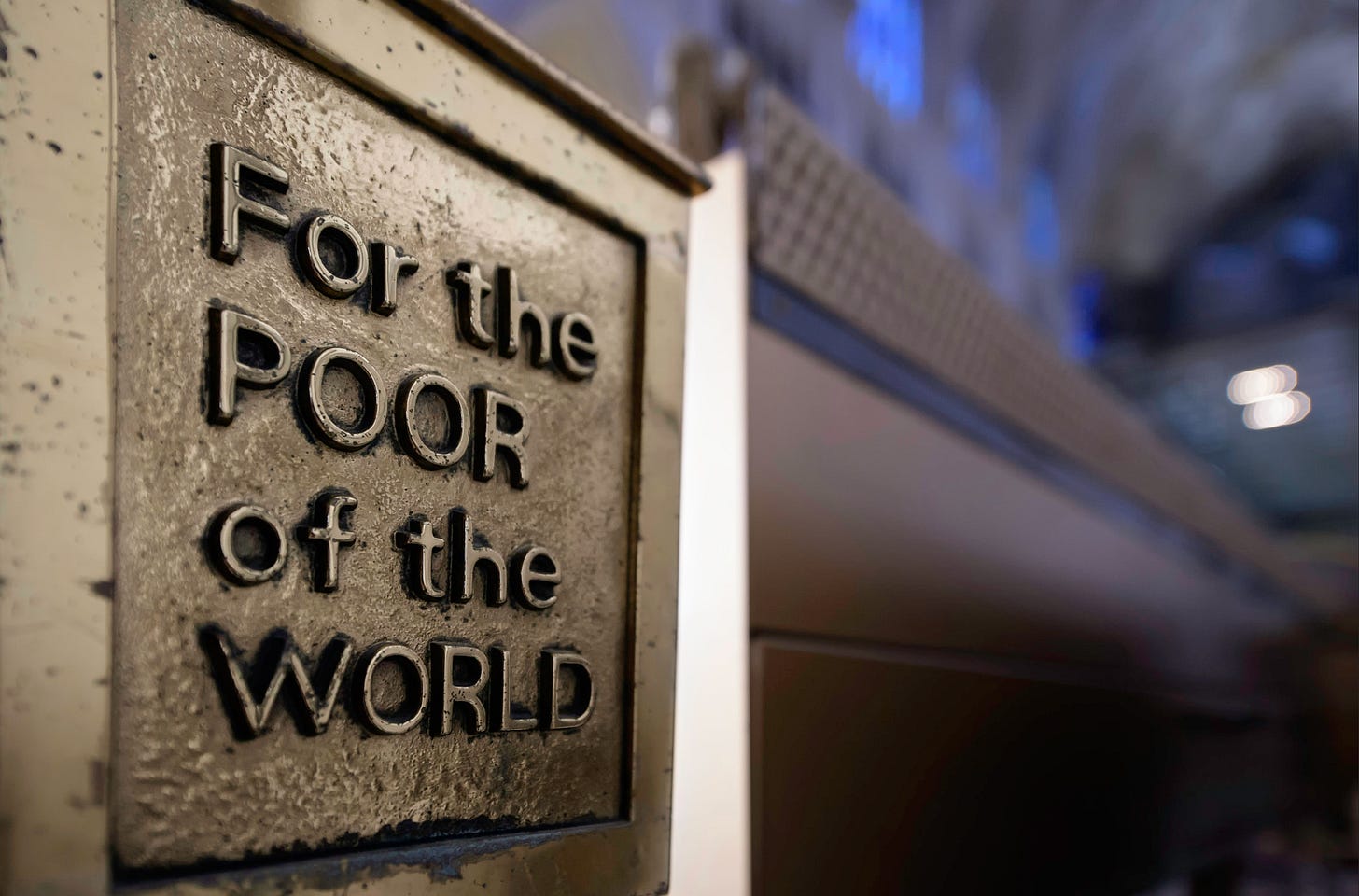The Checkout Aisle
Visualize the checkout aisle in your grocery store. No—you’re seeing it as an adult… You’re focusing on putting your food on the conveyor belt table thingy. No, you need to shrink yourself by about 3 to 4 feet. That’s right, you’re barely peeking above the table, now. Okay, put on your childhood glasses, and the table has transformed into a mythical racetrack for food. But now that you’re here, what else is around you? CANDY! A sheer wall of candy. Airheads, Candy Rings, Chocolate Bars, Gummies—all topped off by a massive row of assorted gum.1
The grocery store designers are evil geniuses. Nearly every time my mom brought me to the store with her, I’d ask for candy. I mean, how could you not? It’s a tower of sugar, and you’ve been a good boy! I mean, you didn’t steal any of the baseball cards that someone else opened, even though a Craig Biggio was lying out for the whole world to see. Mom, how easy would it be just to put a Butterfinger on the magic table, and watch it race to the laser beams, then fall into my hands, which I’d smear on my face, and finally, where I’ll wipe filthy chocolate paws on your car seats? MOM… Why NOT! (I hope I don’t have to tell you that you were supposed to read a whine into that last sentence. I mean—you get that, right?)
My mom’s reply: “We can’t, Bo. We’re poor.”
(In one second, my brain literally cemented that truth into place.)
What? We’re poor?
I mean… okay. I’m poor. My mom would know; she holds all the money in that boring flip book she calls a checkbook. I thought two jobs were enough to support a family of five, but I guess brothers are expensive. We must be poor.
I’m not kidding about the cement effect of that moment. I still live out of the reality that I’m poor. I know I have money in my pocket, but I still regularly look at the candy aisle and think, ‘Man, I wish I could buy that. Wouldn’t it be nice to be rich and buy as much candy as you want?’
"I’m poor" has become, for me, something of a mantra.
I’m curious now if my kids think they’re poor. I kind of hope so. It’s served me well over the years. A poverty mindset has a way of distilling you down to the bare essentials. Plus, on a good note, like my mom, Darlene Edgar, I’d rather starve than waste money on overpriced popcorn at the movies. I got that Edgar blood in me, I’ll sneak my Butterfinger in like a normal person.

The Blessing of Being Spiritually Broke
"Blessed are the poor in spirit, for theirs is the kingdom of heaven." (Matthew 5:3)
How can poverty be a blessing? Not just tolerated—but called blessed?
The poverty Jesus speaks of here isn’t about money. It goes deeper than empty pockets or bare cupboards. The Greek word used is ptōchos—a word that doesn’t simply mean “in need,” but rather abjectly destitute. One scholar describes it as a person who is crouched over, begging—someone who knows they have nothing and no way to fix it. As Jerry Bridges put it, this describes a person “completely helpless to do anything about it.” Another definition I found says it means “lacking in anything.” Think about that—spiritually bankrupt. Nothing in the account. Overdrawn with no credit to cover the cost.
And still Jesus says: "Blessed."
Why? Because the poverty Jesus is teaching about doesn’t concern your income, but your spirit. To be poor in spirit is to come face to face with your absolute need. It’s the person who says, “I have no righteousness to bring. No moral résumé to present. No inner strength to pull myself up. If God doesn’t help me, I’m lost.” That’s what Jesus blesses.
The poor in spirit have nothing left but Jesus. And that’s the whole point. So much of the time, we try to earn Jesus’ good graces. We boast of our spiritual riches and devotion. Jesus is saying you can’t buy your way into His kingdom. And entrance doesn’t come through strength, but surrender. He calls the rich to poverty, the prideful to humility, and the humble to heaven. He invites us into spiritual bankruptcy—not to shame us, but to bless us. Because when we finally stop pretending that we have something to offer, we’re finally ready to receive everything He offers.
A Little Princess
In Frances Hodgson Burnett’s novel A Little Princess, young Sara Crewe, once wealthy and adored, is cast into poverty and servitude. Still, inwardly, she refuses to forget who she truly is. Throughout the entire story, she’s mocked by her peers and scorned by the authorities in her life. But she lives not from what she owns, but from the identity of who she is: a beloved daughter, a little princess.
That’s a picture of the poor in spirit. Outwardly humbled, inwardly rich. Spiritually empty, yet already heirs. The world may see beggars, but Jesus sees royalty in waiting. And He calls that kind of poverty "blessed." Jesus isn’t only promising a place at the end of life, but a new kind of life here and now: a life ruled by grace, a heart ruled by the Spirit, a future secured by the blood of the King.

The Doorway to Grace
But there’s a cost. I hope you understand what’s at stake. Christ’s kingdom doesn’t make room for pride. It doesn’t share the throne with your idols. The joy of heaven only comes to those who have nothing to offer but Jesus. Hear this message and cement it in your head: "You’re poor!"
Pray with us.
Father, we act rich when we’re not. We posture and pretend instead of falling at Your feet. Break our pride, tear down our idols, and meet us in the mess with mercy that money could never buy.
Thanks for praying! God bless you. We’ll read and pray again next Saturday at 8:30 a.m.
Don’t look at the National Enquirer, ’cause you’ll be freaked out by real-life alien abductions and fat Elvis sightings—whoever that is.






Broke and broke down. Lord, may your grace flow to the lowest place…and may I be content to sit there instead of trying to pull myself up by my bootstraps - !
☺️